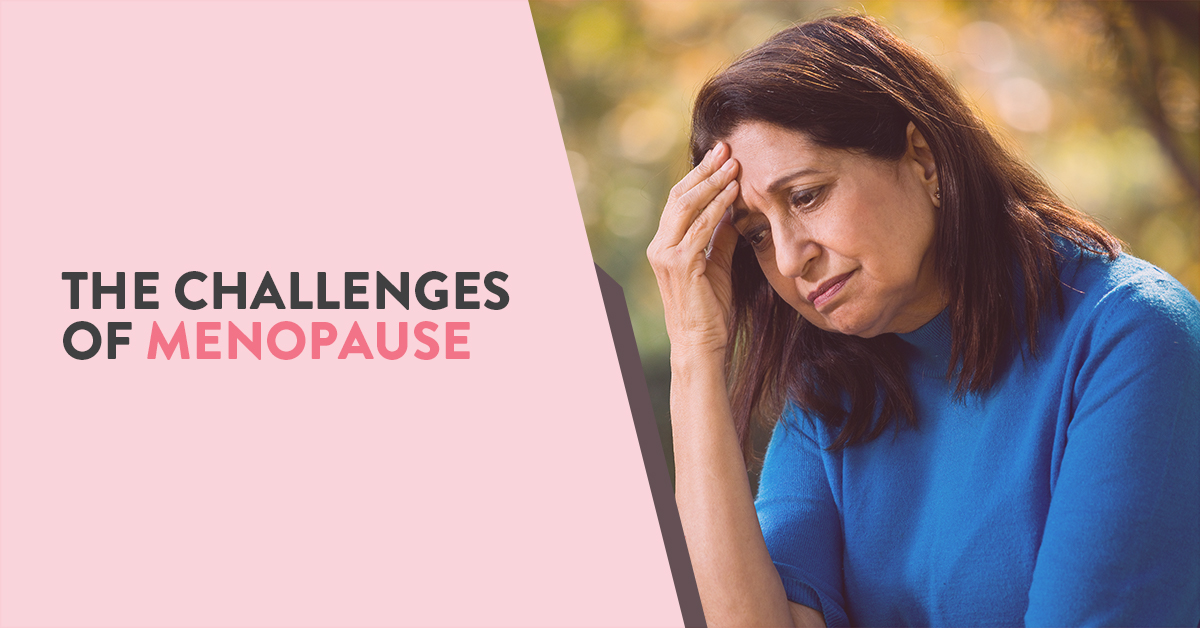Introduction:
Menopause is a natural process in a woman’s life that marks the end of reproductive capability. While some women experience little to no discomfort during menopause, others experience a host of symptoms, such as hot flashes, mood swings, vaginal dryness, and difficulty sleeping. However, one significant symptom is often overlooked, and that is joint pain. In this blog post, we explore why menopause causes joint pain, how it differs from arthritis, ways to alleviate joint pain, and when to seek medical attention.
Why Does Menopause Cause Joint Pain?
While the exact reason for joint pain during menopause remains unclear, changes in hormone levels are thought to play a critical role. As estrogen levels decline, it can lead to inflammation in the joints, which can cause pain, stiffness, and decreased mobility. Additionally, declining estrogen levels reduce bone density, which can lead to conditions such as osteoporosis, making the joints more vulnerable.
How is Menopausal Joint Pain Different from Arthritis?
While menopause can cause inflammation in the joints, it is not the same as arthritis. With arthritis, the joints become inflamed due to an autoimmune disorder or wear and tear on the joints. With menopause-related joint pain, there is no damage to the joints. However, only a doctor can diagnose the cause of joint pain and determine whether it is arthritis or menopause-related.
Ways to Alleviate Menopausal Joint Pain?
There are many ways to alleviate the joint pain associated with menopause. Here are some of them:
Exercise: Regular exercise can help maintain fitness and mobility while relieving joint stiffness.
Diet: Eating a balanced diet rich in vitamins and minerals can help strengthen your bones.
Supplements: Certain supplements like calcium, vitamin D, and omega-3 fatty acids can help reduce inflammation and protect your bones.
Hot and Cold Therapy: Alternating between hot and cold compresses can help reduce inflammation and relieve joint pain.
Lifestyle Changes: Losing weight, quitting smoking, and avoiding alcohol can all help reduce the inflammation in your joints.
When Should You Seek Medical Attention?
If your joint pain is severe and does not improve with home remedies, you should seek medical attention. A doctor can rule out underlying health conditions such as arthritis or osteoporosis and recommend the appropriate treatment. Additionally, if you experience other symptoms such as fever, redness, or swelling in the joints, seek medical attention immediately as these could be signs of a more severe condition.
Conclusion:
Joint pain is an often-overlooked symptom of menopause that can significantly impact a woman’s quality of life. While the exact reason for menopausal joint pain remains unclear, it is thought to be caused by declining estrogen levels. Fortunately, there are several ways to alleviate joint pain, including regular exercise, a balanced diet, supplements, hot/cold therapy, and lifestyle changes. However, if your joint pain is severe or accompanied by other symptoms, seeking medical attention is essential. Remember, taking care of your joints during menopause can equate to better quality of life as you age.